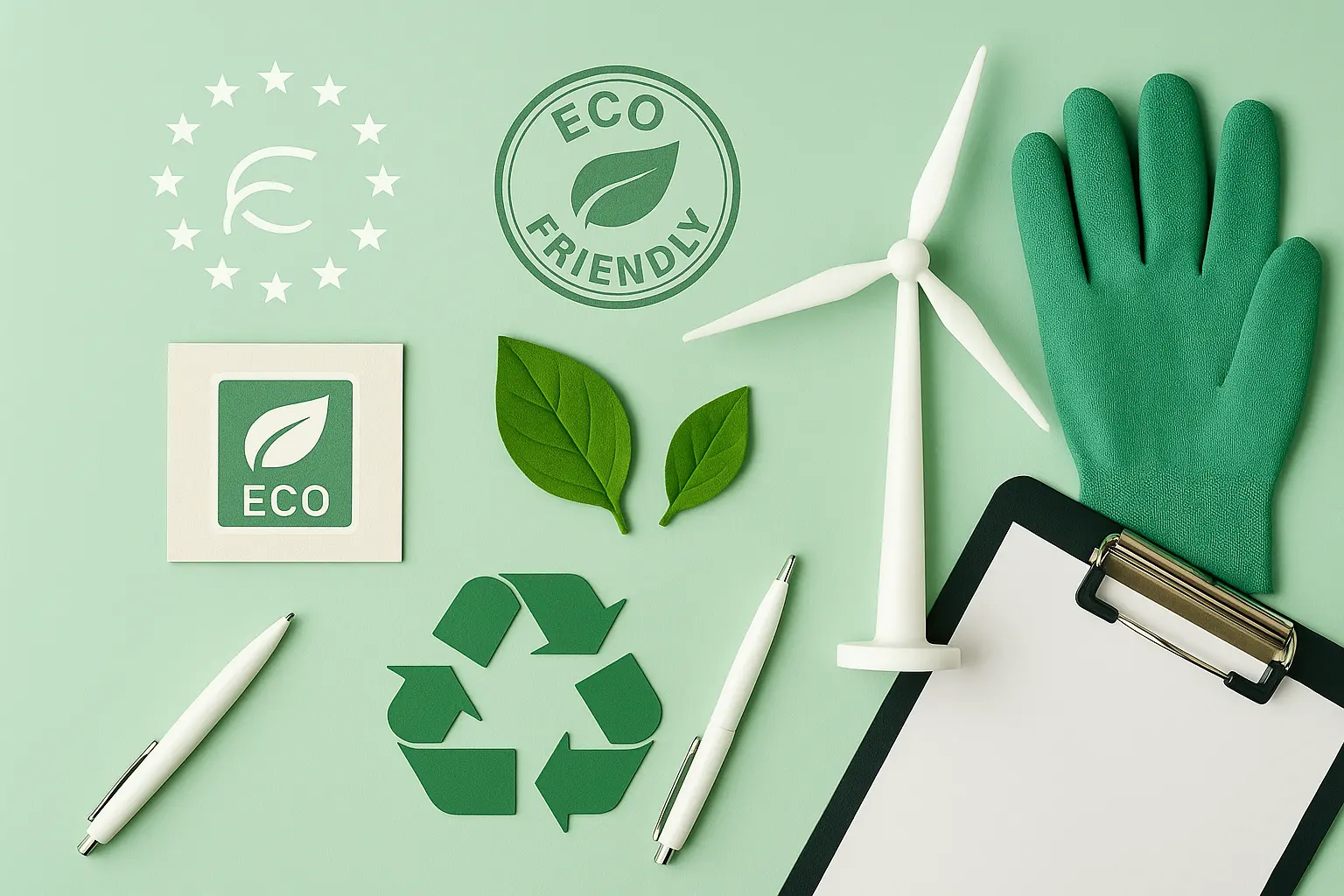Renewable Energy Certification
Renewable energy certification is a critical component in validating and ensuring compliance with international standards that promote sustainable practices. As global awareness of environmental impacts grows, so does the demand for credible certifications that guarantee products and services meet stringent sustainability criteria.
The process involves rigorous testing to ensure that renewable energy systems are not only efficient but also environmentally friendly. This certification is essential for businesses aiming to meet regulatory requirements and demonstrate their commitment to green initiatives. It helps in building trust with consumers, investors, and stakeholders by providing a transparent assurance of product quality and environmental responsibility.
The standards used for renewable energy certification include ISO 14001 for environmental management systems, ISO 50001 for energy management systems, as well as specific sectoral guidelines provided by bodies like the International Renewable Energy Agency (IRENA). These standards are designed to ensure that all stakeholders in the renewable energy supply chain can contribute effectively towards sustainability goals.
The certification process typically involves multiple stages including initial assessment of compliance with relevant regulations and standards, followed by on-site audits to verify operational practices. Once these steps have been completed successfully, a certificate is issued which serves as proof of adherence to internationally recognized best practices in renewable energy production and distribution.
For companies operating within sectors such as solar power, wind farms, biomass plants, or hydroelectric projects, obtaining this certification can significantly enhance their market position by differentiating themselves from competitors who do not meet these stringent requirements. Moreover, it provides an opportunity for continuous improvement through regular reviews of processes and procedures.
In summary, renewable energy certification plays a vital role in fostering sustainable development across various industries. By adhering to strict criteria outlined by recognized bodies, organizations can contribute positively towards reducing carbon footprints while simultaneously enhancing their reputation among key audiences.
Why It Matters
The importance of renewable energy certification cannot be overstated in today's rapidly evolving world. As concerns about climate change continue to grow, so does the need for reliable methods of measuring and validating sustainability efforts within the industry.
- Audience Trust: Certified products and services command higher levels of trust from consumers who increasingly prioritize environmental responsibility when making purchasing decisions.
- Regulatory Compliance: Many countries are implementing stricter regulations requiring proof of compliance with established standards. Having a certified renewable energy system ensures that businesses stay ahead of changing legal requirements.
- Market Differentiation: In competitive markets, certification offers an edge over competitors who may not meet the same stringent criteria. This can lead to increased market share and customer loyalty.
- Operational Efficiency: The certification process often involves identifying inefficiencies in operations that could be rectified leading to cost savings through improved resource utilization.
In essence, renewable energy certification is more than just a piece of paper; it represents a commitment to excellence and leadership in the field of sustainable development. It sets benchmarks for performance and encourages ongoing improvements which ultimately contribute towards achieving global climate goals.
Benefits
Obtaining renewable energy certification brings numerous advantages to organizations involved in this sector:
- Enhanced Reputation: Certification demonstrates a company's dedication to sustainability, which enhances its brand image and reputation.
- Increased Market Access: Many government bodies and private entities prefer suppliers that have earned certification, making it easier for certified companies to secure contracts and expand their market reach.
- Potential Cost Savings: By identifying and addressing inefficiencies during the audit process, organizations can achieve significant cost reductions through improved operational efficiencies.
- Improved Customer Satisfaction: Consumers are increasingly demanding eco-friendly products and services. Certification provides reassurance to these customers about the environmental credentials of the product or service they purchase.
- Promotion of Innovation: The process encourages innovation by pushing organizations to find new ways to improve their processes and reduce their carbon footprint.
The benefits extend beyond just financial gains. They also contribute significantly towards reducing negative environmental impacts, promoting social responsibility, and fostering long-term business sustainability.
Competitive Advantage and Market Impact
- Differentiation: In an increasingly competitive market, certification sets a clear differentiation point that can attract customers seeking sustainable products and services.
- Increased Customer Confidence: Consumers are more likely to choose certified renewable energy solutions because they know these products meet high standards of quality and environmental responsibility.
- Promotion of Green Economy: Certification plays a key role in promoting the green economy by encouraging investment into sustainable technologies and practices.
- Supporting Policy Compliance: By ensuring compliance with international standards, certification helps organizations navigate complex regulatory landscapes more effectively.
The impact of renewable energy certification is not just limited to individual companies but extends across entire supply chains. It fosters a culture of sustainability that encourages all participants to adopt greener practices, thereby contributing significantly towards achieving global environmental targets.





